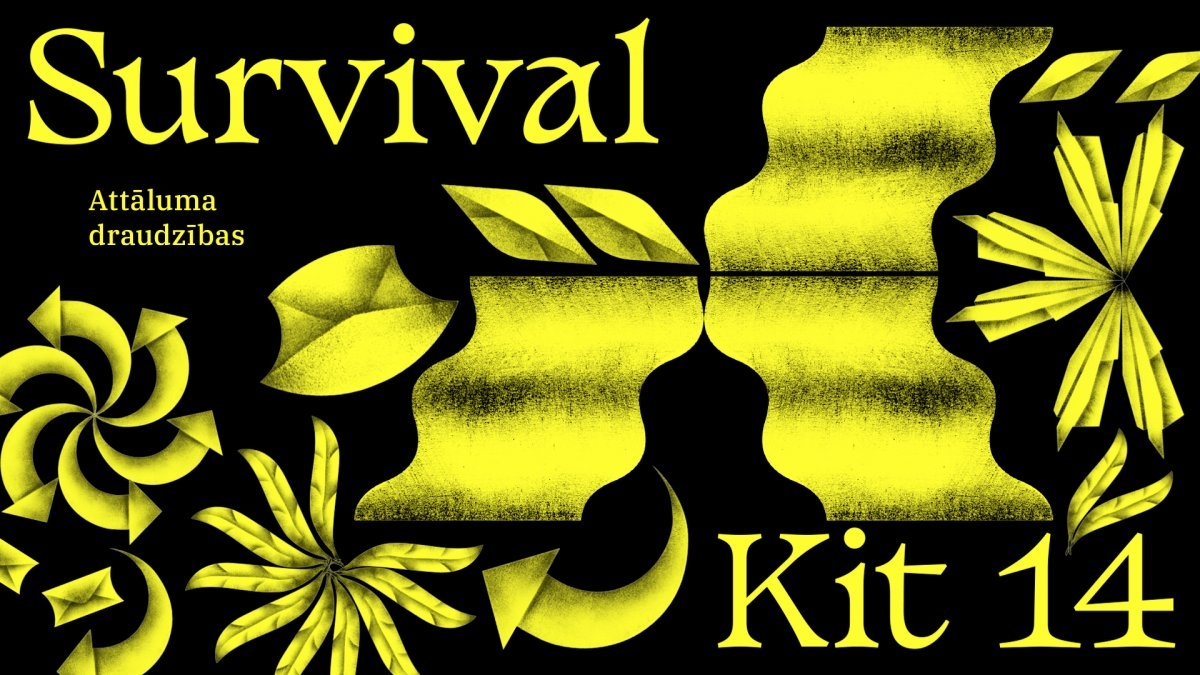Exhibition is located at the Market hall
The idea of the exhibition Long-Distance Friendships stems from history of emancipation struggles in the 1960s, when the Soviet Union and other socialist bloc countries purposefully cooperated with countries in Africa, participating in their decolonisation processes – from economic and military aid to educational and cultural exchange programmes, while attempting to impose socialist ideology through indirect colonization. Although the primary aim of these ideologically motivated aid programmes was to extend socialism’s influence in the world, they often offered the communities of students, artists and workers involved a completely new experience and a new perspective on the world.
Embedded in the complex legacy of the Cold War festivals that served as performances of peace and friendship, 28 participating artists and collectives in Riga propose a redefined framework for a transnational event addressing the issues of co-existence today. Cross-cultural exchanges enact a deconstructed congress for future friendships, where traces of lesser-known episodes of Soviet cultural diplomacy merge with fictional encounters.This year’s contemporary art festival Survival Kit 14 will feature two exhibitions – the festival’s central exhibition Long-Distance Friendships, curated by Inga Lāce and Alicia Knock, and the final exhibition of the inspiring project Artist is Present. In close friendship with the 14th Kaunas Biennial, a sister exhibition will be presented in Lithuania under the same title – Long-Distance Friendships. Survival Kit 14 and the 14th Kaunas Biennial are linked by close mutual friendship, exchange of ideas and a common range of issues to be explored.
The idea of the exhibition Long-Distance Friendships stems from history of emancipation struggles in the 1960s, when the Soviet Union and other socialist bloc countries purposefully cooperated with countries in Africa, participating in their decolonisation processes – from economic and military aid to educational and cultural exchange programmes, while attempting to impose socialist ideology through indirect colonization. Although the primary aim of these ideologically motivated aid programmes was to extend socialism’s influence in the world, they often offered the communities of students, artists and workers involved a completely new experience and a new perspective on the world.
Embedded in the complex legacy of the Cold War festivals that served as performances of peace and friendship, 28 participating artists and collectives in Riga propose a redefined framework for a transnational event addressing the issues of co-existence today. Cross-cultural exchanges enact a deconstructed congress for future friendships, where traces of lesser-known episodes of Soviet cultural diplomacy merge with fictional encounters.
In close friendship with the 14th Kaunas Biennial, a sister exhibition will be presented in Lithuania under the same title – Long-Distance Friendships. Survival Kit 14 and the 14th Kaunas Biennial are linked by close mutual friendship, exchange of ideas and a common range of issues to be explored.





